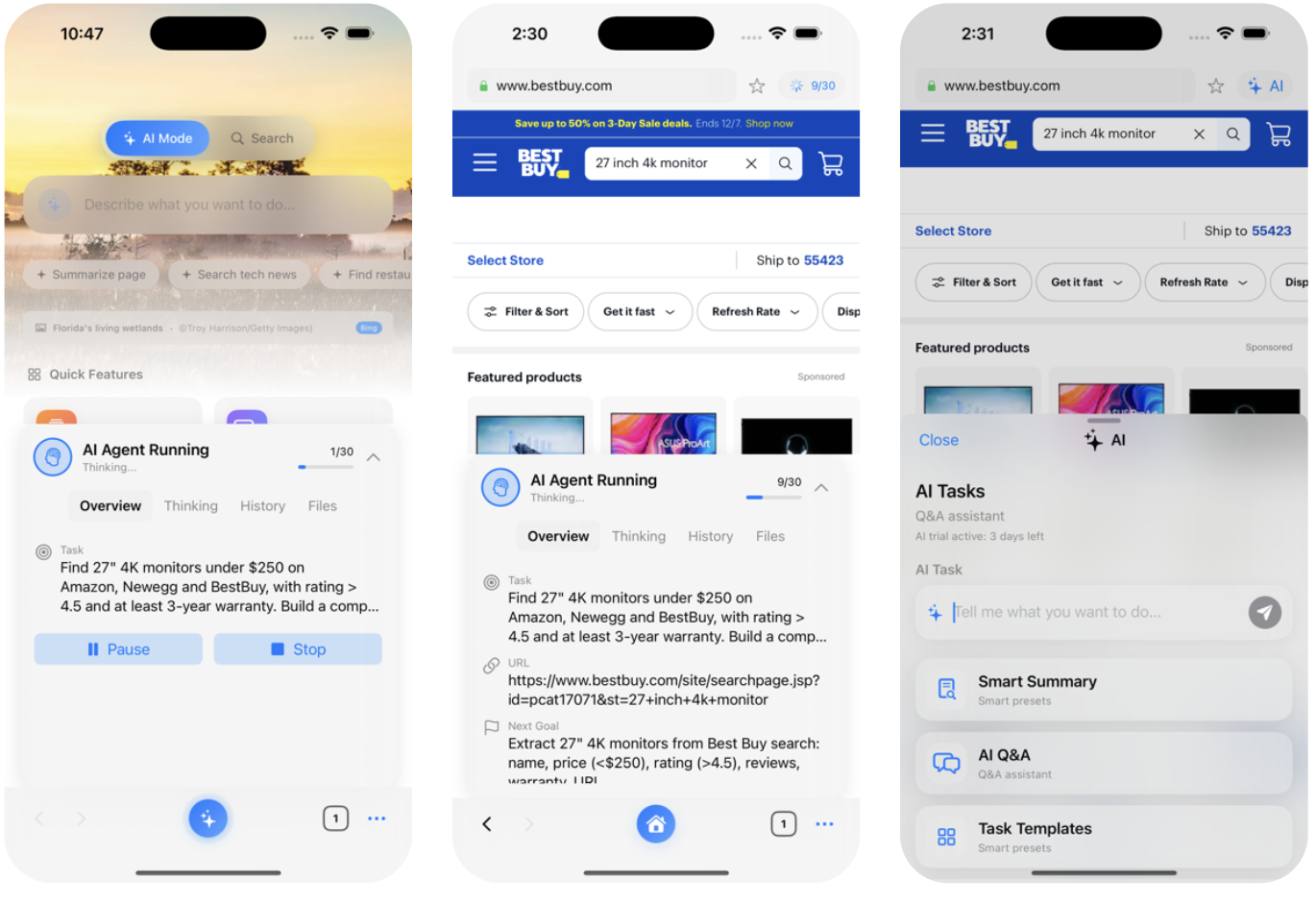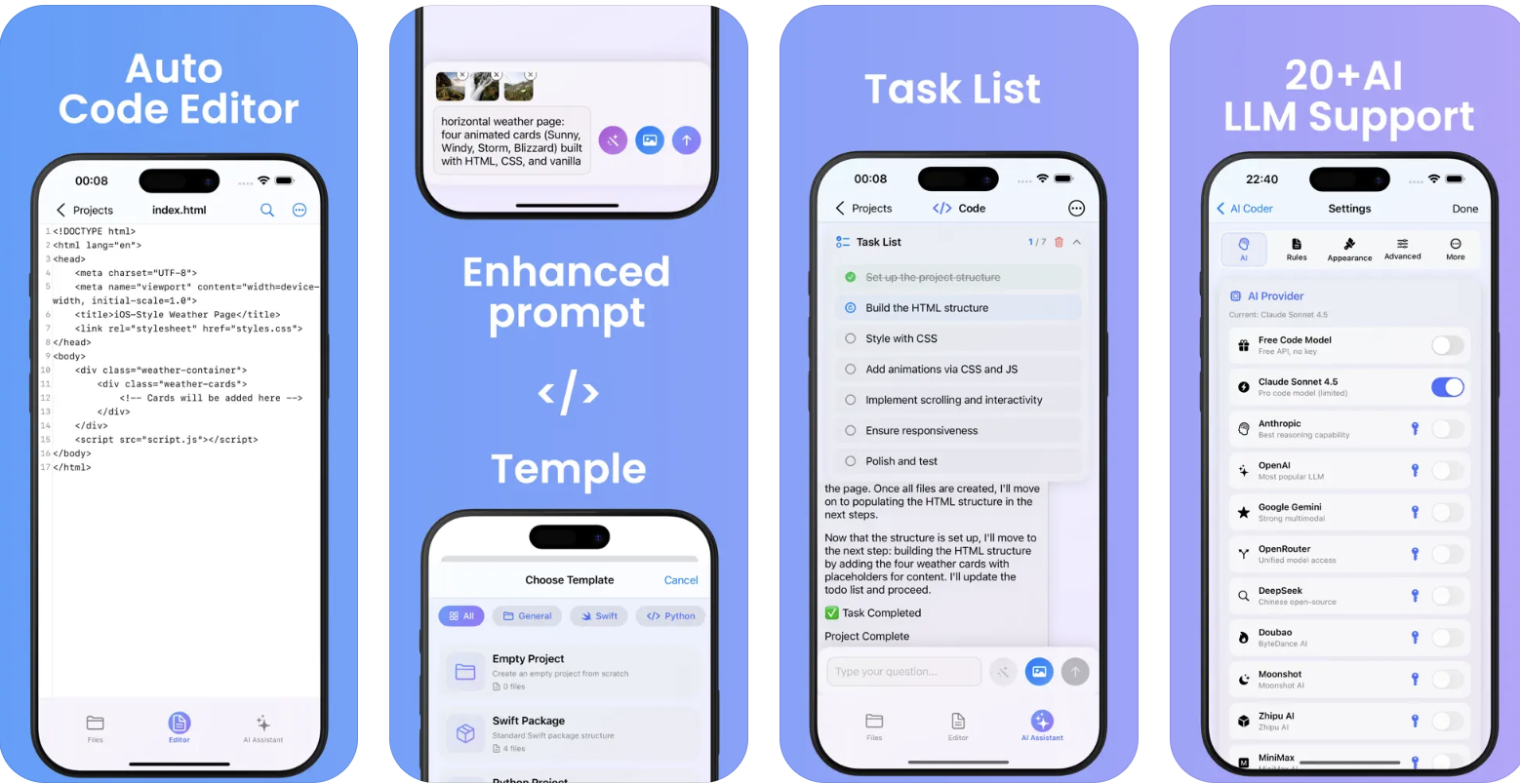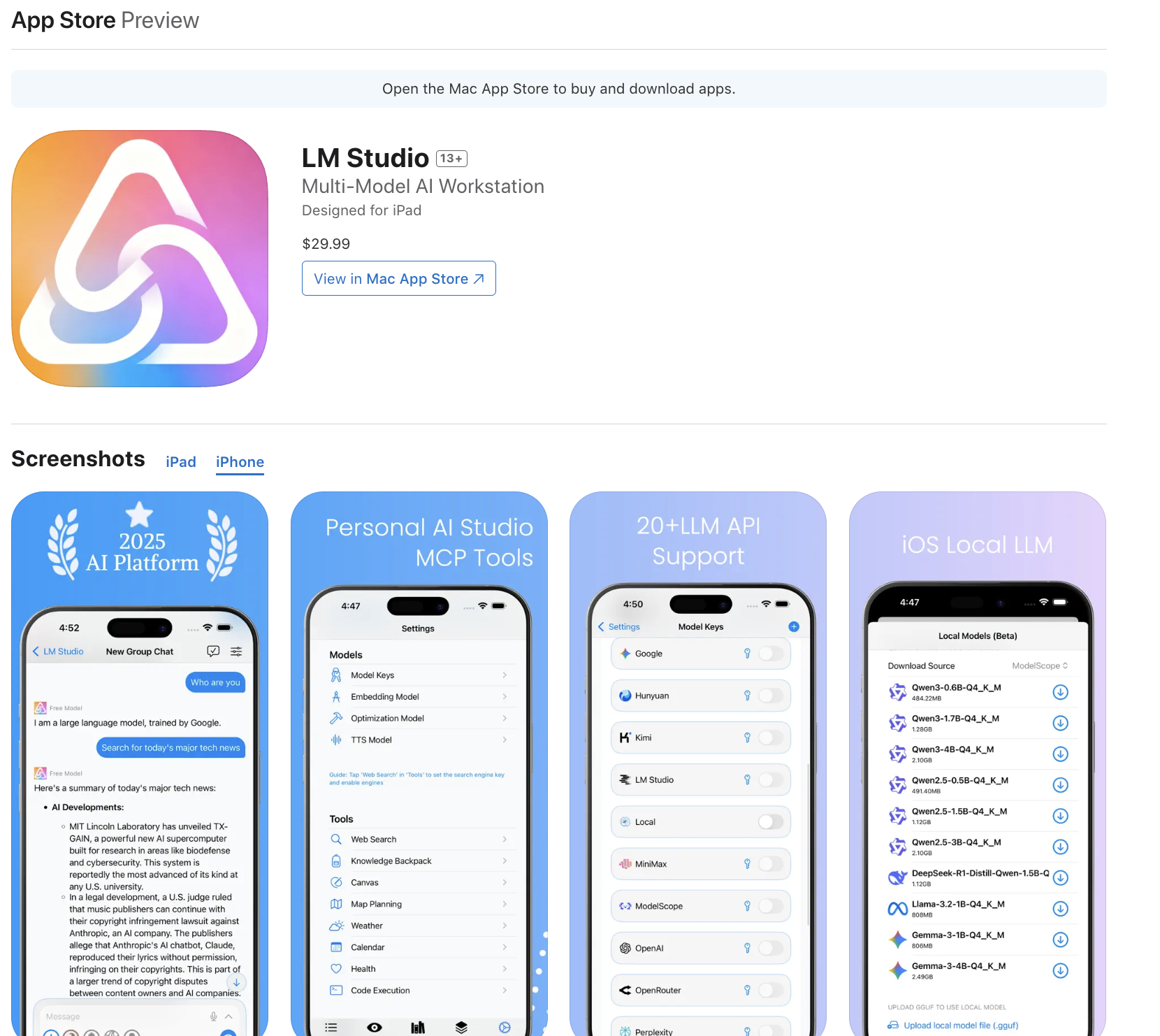-
AIG Names Scott Leney Regional President of Asia Pacific
.American International Group (AIG) announced Scott Leney as Regional President for Asia Pacific, overseeing operations in Australia, New Zealand, Singapore, Indonesia, Malaysia, Thailand, South Korea, Hong Kong, Taiwan, Vietnam and the Philippines. Leney brings over three decades of insurance leadership, previously heading Asia Pacific at Everest Insurance and holding senior roles at Marsh McLennan. He will start on Feb 1 2026, pending regulatory approval. AIG highlights its AI‑enabled underwriting, digital claims platforms and data partnerships as key to expanding market share and improving profitability across the rapidly digitizing Asia Pacific insurance market.
-
title.Broadcom and Costco’s lofty valuations give little room for error in high‑stakes stocks
words.Broadcom’s AI chip backlog is huge, but lower margins and possible delays in OpenAI’s data‑center build‑out create downside risk, while competition with Marvell adds uncertainty; its forward P/E of ~42 leaves little margin for error, prompting a “hold” stance. Costco trades at a forward P/E of ~43, yet membership renewal rates are slipping and sales remain uneven, exposing the retailer to compression versus Walmart. Both companies face high valuations and emerging headwinds, so investors should proceed cautiously, monitoring margin stability for Broadcom and renewal trends for Costco.
-
Offering”.Ensurge Micropower ASA Cancels Follow-On Offering
Ensurge Micropower announced that its board cancelled the planned secondary offering of up to 22,222,222 shares at NOK 0.90 each, after the subscription period (Dec 5‑14, 2025) saw the stock trade below that price with ample volume, allowing investors to buy shares on the open market. The move avoids additional dilution while the earlier November private placement proceeds unchanged. Management says the decision preserves capital for scaling its thin‑film micro‑battery production and advancing AI‑enabled device applications.
-
“.Kyverna Therapeutics to Announce Topline Results of Phase 2 KYSA‑8 Trial of KYV‑101 in Stiff‑Person Syndrome
Kyverna Therapeutics (NASDAQ: KYTX) will host a live webcast and conference call on Dec 15, 2025 at 8:00 a.m. ET to present topline data from its registrational Phase 2 KYSA‑8 trial of the CD19 CAR‑T therapy KYV‑101 in stiff‑person syndrome. Registration is required for dial‑in details; the webcast and slides will be available on the investor‑relations site afterward. Ahead of the call, KYTX shares closed at $8.78, rose 5.0% on elevated volume, and the company cites a $150 M non‑dilutive loan and $171 M cash runway supporting a planned BLA filing in early 2026.
-
ServiceNow Said to Be Negotiating Acquisition of Cybersecurity Startup Armis
words.ServiceNow is close to acquiring cybersecurity startup Armis in a deal valued at up to $7 billion, its largest ever. Armis, recently funded with $435 million and targeting an IPO by 2026‑27, boasts $300 million in annual recurring revenue and expertise in securing enterprise IoT devices. The acquisition would let ServiceNow embed device‑security into its Now Platform, creating cross‑sell opportunities, richer data analytics, and a stronger stance against rivals like Microsoft. Success hinges on integrating the two engineering cultures and retaining Armis talent amid a booming cyber‑spending market and a sluggish IPO environment.
-
.Rocket Lab Successfully Executes First Dedicated Launch for JAXA
words.Rocket Lab’s Electron lifted off from Mahia, New Zealand, on Dec 14 2025 (03:09 UTC) for the “RAISE And Shine” mission, its first dedicated launch for JAXA. The flight deployed the RAISE‑4 satellite, carrying eight Japanese technology‑demonstration payloads. It marked Rocket Lab’s 19th launch of 2025, extending its record annual cadence. The company has slated a second JAXA mission for Q1 2026 and a dedicated ESA launch in early 2026, underscoring growing international demand for its small‑launch services.
-
4 Key Events That Shaped the Stock Market Last Week
words.The S&P 500 slipped after a fresh high, driven by a tech‑stock rotation while materials, financials and industrials led gains; the Dow rose 1 %. Investors await the “Santa Claus rally” starting Dec 19. Key week‑long stories: Broadcom fell 11.5% on cautious AI‑chip demand; Oracle dropped further after delaying OpenAI data‑center projects; Nvidia secured limited export licences for a throttled AI accelerator to China; GE Vernova posted strong guidance on AI‑data‑center power‑equipment. Market focus now is Fed policy, AI‑chip supply‑chain dynamics, and enterprise‑software spending.
-
)”.Scholar Rock Files New Employee Inducement Grants Under Nasdaq Rule 5635(c)(4)
words.Scholar Rock (NASDAQ: SRRK) granted inducement equity awards to two new executives—4,457 stock options and 3,343 restricted stock units—under its 2022 Inducement Equity Plan, subject to Nasdaq Listing Rule 5635(c)(4). The options have a $45.25 exercise price and vest 25% after one year, then quarterly; the RSUs vest annually over four years. The awards dilute shareholders by ~0.4% of float and will increase compensation expense. The move aims to attract talent to advance the apitegromab program for SMA and other rare neuromuscular disorders, amid strong biotech market momentum.
-
the title.Ferrovial Added to the Nasdaq‑100 Index, Marking a Global Growth Milestone
.Ferrovial, the global infrastructure developer, will join the Nasdaq‑100 on Dec 22 2025, just 18 months after debuting on U.S. exchanges. The inclusion widens visibility, improves liquidity, attracts index‑fund capital and may lift valuation by 2‑5 %. North‑American assets—toll lanes in Texas, North Carolina, Virginia, Ontario and the New Terminal One project at JFK—drive most earnings, supporting projected 6‑8 % annual growth. The firm’s integrated, technology‑focused model, triple‑listing in the U.S., Spain and the Netherlands, and strong ESG credentials underpin its shift to a global, sustainable infrastructure powerhouse.
-
Robex Files Addendum to Information Circular Regarding Amendment to Arrangement Agreement with Predictive Discovery
Robex Resources filed an addendum revising its statutory plan of arrangement with Predictive Discovery. The amended exchange ratio is 7.862 Predictive shares per Robex share, giving former Robex shareholders about 46.5 % of the combined entity and Predictive shareholders roughly 53.5 % on a fully‑diluted basis. The pro‑forma market capitalisation is A$1.252 billion with 5.09 billion securities and accumulated losses of A$125.4 million (June 30 2025). The special shareholders’ meeting is now set for December 30 2025; proxy and CDI voting deadlines are December 29 and December 28, respectively.






